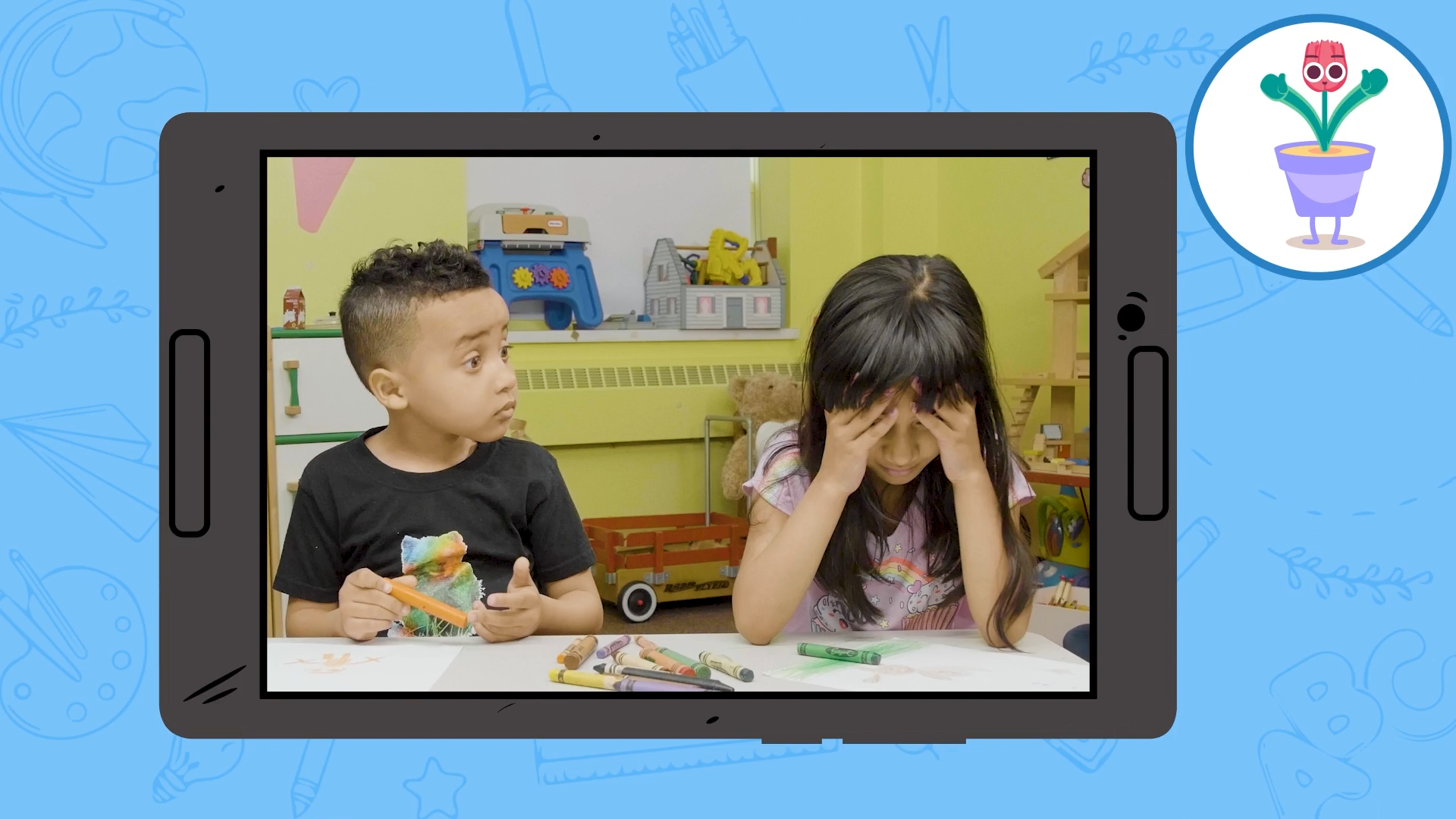Introduction
Students in special education may sometimes experience low self-esteem and struggle with feeling good about themselves. As educators, it’s essential to help them develop strategies and skills to boost their self-confidence and foster a positive self-image. In this blog post, we will present a no-prep activity designed to help students improve their self-esteem, followed by discussion questions and related skills. We will also provide resources for further exploration of these topics.
No-Prep Activity: Positive Affirmations
This simple activity requires no preparation or materials and can be easily incorporated into your daily classroom routine. At the beginning of each day, have students sit up in their chairs, take a few deep breaths, and close their eyes. Then, ask them to think of a positive affirmation about themselves. This could be something they are good at, a trait they like, or a recent accomplishment.
Invite students to silently repeat their affirmation to themselves three times, focusing on the positive feeling it brings. After a minute, ask students to open their eyes and share their affirmation with the class, if they feel comfortable doing so. Encourage classmates to support each other by listening attentively and offering words of encouragement.
Discussion Questions
- Why is it important to have a positive self-image? How can it affect our daily lives and interactions with others?
- What are some strategies to help us focus on our strengths and achievements, rather than dwelling on our perceived shortcomings?
- How can we support our classmates and friends in developing a positive self-image and feeling good about themselves?
- What are some ways to cope with negative thoughts or emotions when they arise?
- How can we practice self-compassion and be kinder to ourselves in moments of self-doubt or disappointment?
Related Skills
In addition to boosting self-esteem, there are other relevant skills that can support students in their social-emotional development. These include:
- Emotional regulation: Learning to understand, manage, and express emotions in a healthy and appropriate way.
- Resilience: Developing the ability to bounce back from setbacks and cope with adversity.
- Empathy: Cultivating the capacity to understand and share the feelings of others, helping to build strong relationships.
- Growth mindset: Embracing challenges and viewing setbacks as opportunities for growth and learning.
- Effective communication: Enhancing the ability to express oneself clearly, listen actively, and engage in constructive conversations.
Next Steps
Now that you have learned about this self-esteem boosting activity and related skills, take the next step in supporting your students’ social-emotional development. Sign up for free samples of resources designed to help students develop these essential skills and more. By providing opportunities for students to practice and strengthen their self-esteem, you lay the foundation for their success, both inside and outside the classroom.






